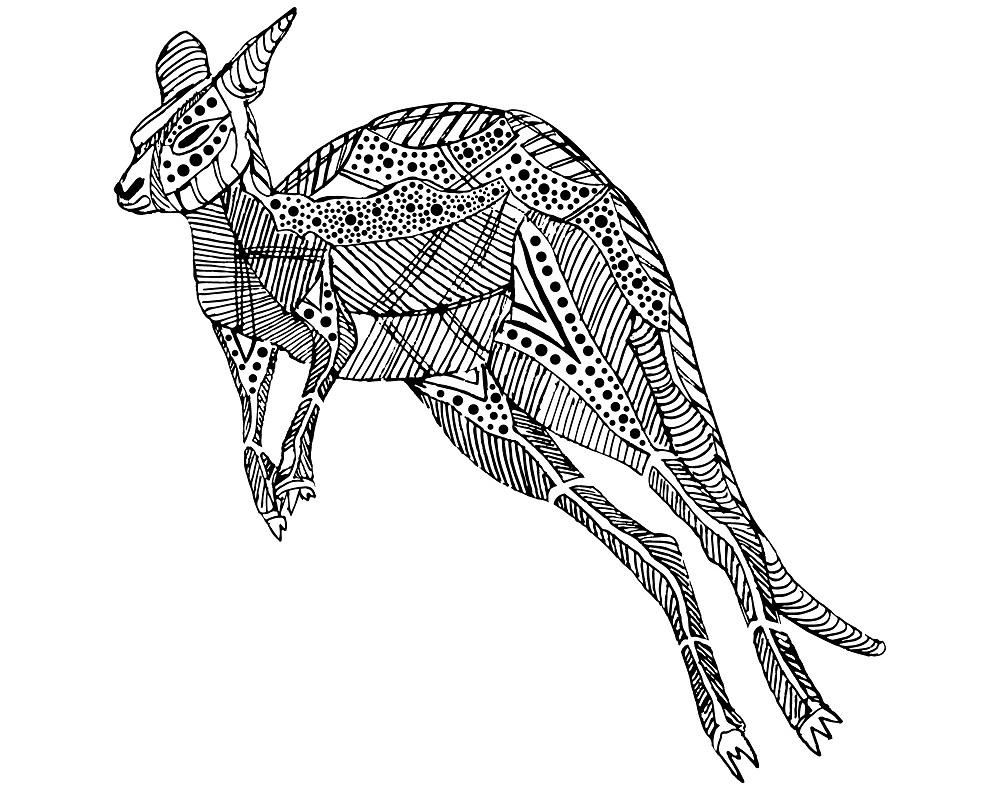Closing the information technology gap for Indigenous Australians
Posted By Dion Devow on December 2, 2019 @ 12:45

This post is kicking off a series from ASPI’s International Cyber Policy Centre on Indigenous Australians in STEM and cyber policy.
As a shy teenager growing up in Darwin in the 1980s, I was always intrigued with IT—but I never had any exposure to the industry and was certainly never made aware of the pathways to pursue a career in the field. I remember attending a career expo at high school and visiting a university stand, only to be steered away from it and advised by a teacher, ‘You should probably do a trade.’
Fast-forward two decades and I now have a number of successful businesses, two of which are IT companies: Yerra [1] and Indigimation [2].
My experience working in the industry has dispelled many of the myths and misperceptions I’d held about IT. Many people believe that to work in IT, you need a degree and you need to have technical skills. However, this couldn’t be further from the truth and I’m absolute proof of that.
Surprisingly, though, I am still one of very few Indigenous Australians working in IT in this country. There are even fewer working at the CEO or managing director level in the Australian public service and the private sector. In fact, Indigenous Australian participation across the STEM fields (science, technology, engineering and maths) is very low.
There are many reasons for this. Indigenous Australians are simply not exposed to IT and are not encouraged to pursue IT as a career option. According to the data collected in the 2016 census, most Indigenous Australians lean more towards careers in health care, social assistance, or public administration and safety [3].
Location is also a significant factor. Many Indigenous Australians still live on their countries (ancestral lands), which are often in remote areas of Australia. For these Australians, the disadvantage is exacerbated simply due to geographic location. Some Aboriginal communities in the Northern Territory, for example, are cut off from the rest of the world for months during the wet season. And many Aboriginal and Torres Strait Islander peoples have to leave their countries to find employment or to attend primary school, high school or university. In doing this, though, they must leave their families, their cultures and kinships systems and supports and live a life that for them can be very foreign, isolating and intimidating.
Yet a STEM education is considered to be critically important for Australia’s current and future productivity [4].
Indigenous Australians have the opportunity to achieve financial success through a career in STEM. Why shouldn’t we encourage our First Nations peoples to strive for that through education, training and employment in the IT industry? Why can’t we be a people who are rich in culture and rich in wealth? This is absolutely achievable for Indigenous Australians, and participation in IT is key to getting there.
So, what needs to be done to encourage Indigenous Australians to choose IT as a career?
First, we need some good role models—we need Indigenous Australians to see other Indigenous Australians working as IT professionals. For this to occur, opportunities need to be created. We need to tap into existing talent and the Indigenous IT professionals who are leading the way in the industry. We need to promote them and to connect them to our Indigenous Australian youth, to help them to understand that there are ‘blackfellas’ working in this field, and that it is something they can do as well.
It’s also important to talk about how diverse the industry already is. And we need not hold back about relaying information on the many career and financial benefits of being an IT professional.
What would it be like for my people to have access to resources, employment, education and connections with the world through technology? What if the natural innovation of Indigenous Australians and the richness of the oldest living culture could not only be harnessed, but memorialised and shared virtually through technology, for the rest of the world to learn from and participate in.
Through IT, Indigenous Australian individuals and communities could further their economic development by creating online Indigenous businesses that wouldn’t be hindered by anything besides the lack of connectivity. That would allow Indigenous Australians to remain on their countries, and enable the world to connect with a people and a culture that have existed since long before colonisation and the introduction of IT into our society.
We as a people used our skills, knowledge and innovation as tools to survive and flourish, and although IT may still be very foreign for many Indigenous peoples and communities, embracing IT in our everyday lives may give us the very tool we need to sustain, preserve and communicate our status as the oldest living culture on earth.
Before we can ‘close the gap [5]’ we need first to close the information technology gap for Indigenous Australians. Only then will we see change.
Note: ASPI’s International Cyber Policy Centre and local Indigenous business Yerra, in partnership with SecuriDay, are holding a one-day cyber camp for Indigenous 9- to 13-year-olds on 7 December at Questacon in Canberra. More information is available on the ASPI website [6].
Article printed from The Strategist: https://aspistrategist.ru
URL to article: /closing-the-information-technology-gap-for-indigenous-australians/
URLs in this post:
[1] Yerra: http://www.yerra.com.au/
[2] Indigimation: http://www.indigimation.com.au
[3] health care, social assistance, or public administration and safety: https://www.abs.gov.au/AUSSTATS/[email protected]/7d12b0f6763c78caca257061001cc588/5f17e6c26744e1d1ca25823800728282!OpenDocument
[4] critically important for Australia’s current and future productivity: https://www.education.gov.au/support-science-technology-engineering-and-mathematics
[5] close the gap: https://ctgreport.niaa.gov.au/
[6] on the ASPI website: http://www.aspistrategist.ru/event/indigi-cyber-camp-kids
Click here to print.